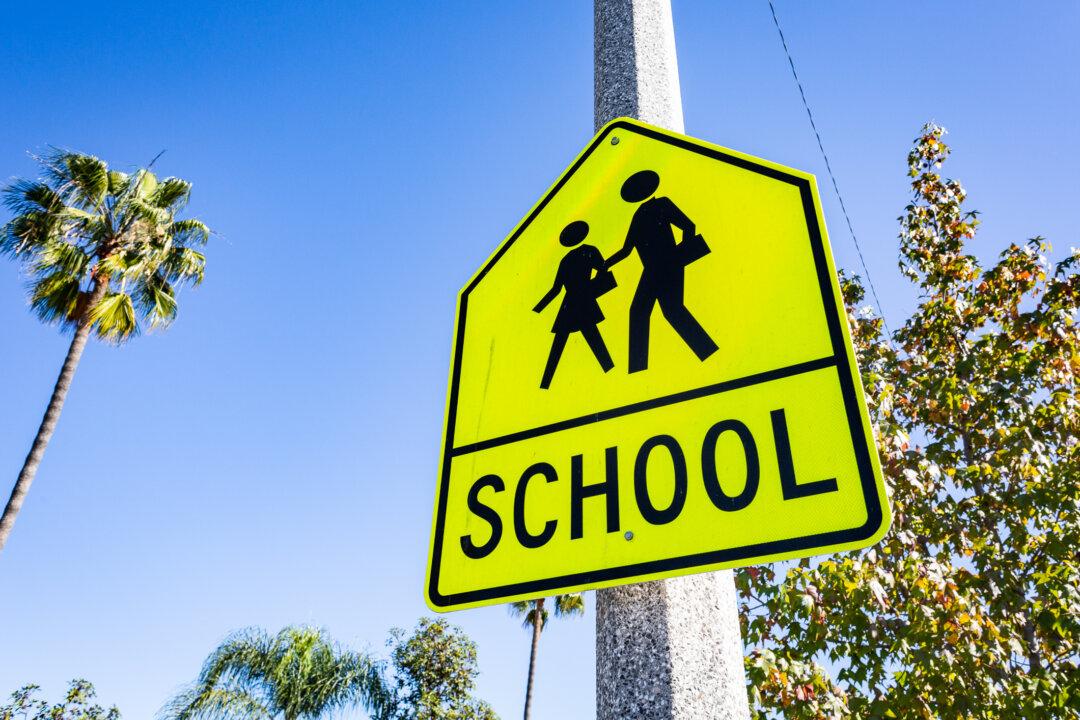I recently had an encounter that reminded me of one of the most paradoxical, even annoying realities of life: that sometimes, helping hurts. No matter our intentions, no matter our selflessness, no matter the genuine goodness of our heart and actions, there are some people, and some times, when all our helping will do nothing but make the situation worse. Our help is unhelpful.
I was at a gas station after church. I was filling up my tank, and then walked toward the station to get a cup of coffee. As I walked from my car to the station, I saw a woman near the door sitting on the street. By all appearances, she was very poor—at best—and homeless, at worst. Her hair was matted, her clothes were dirty, and her demeanor made the possibility of drug use apparent.






